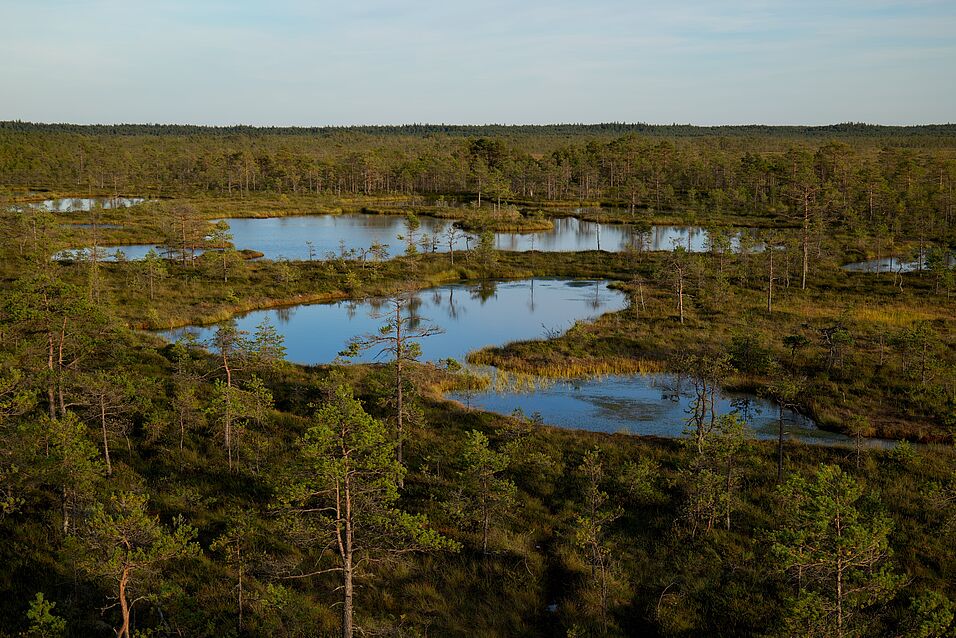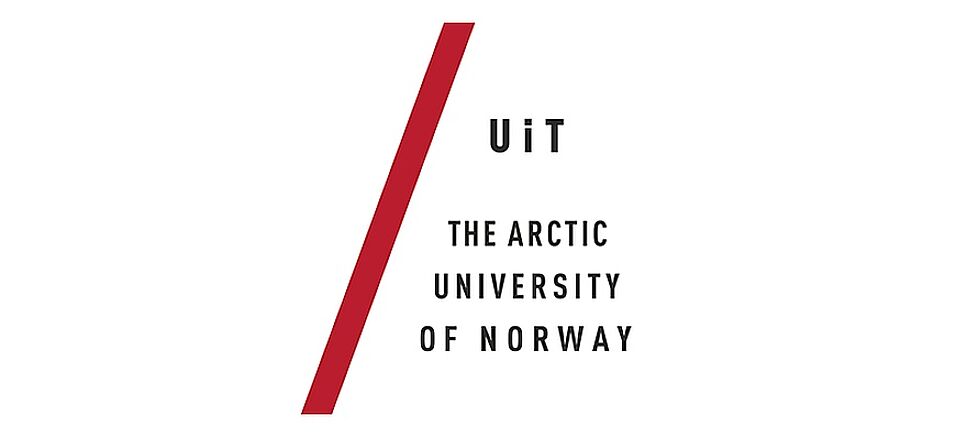Peat soil microcosms from Arctic continuous permafrost ecosystems in Spitsbergen will act as model systems for the exploration of microbial adaptation at different levels of resolution and changes in microbial metabolism, population dynamics and trophic and metabolic networks at different timescales. Our aim is to understand how microorganisms acclimate, how fast they adapt, and how these adaptations affect the rates of peat decomposition.
The project is a collaboration between Department of Arctic and Marine Biology at UiT, the Arctic University of Norway, and TER – the Division for Terrestrial Ecosystem Research, and CUBE – the Division for Bioinformatics and Computational Systems Biology, of the Department of Microbiology and Ecosystem Science.
Time & Energy is a three-year project funded by the Research Council of Norway through a FRIPRO Mobility Grant. The FRIPRO Mobility grant scheme (FRICON) is co-funded by the European Union’s Seventh Framework Programme for research, technological development and demonstration under Marie Curie grant agreement no 608695.
Collaboration with:
- Thomas Rattei (CUBE)
- Lucaciu Rares (CUBE)
Investigated by:
- Alexander Tveit
- Andreas Richter



